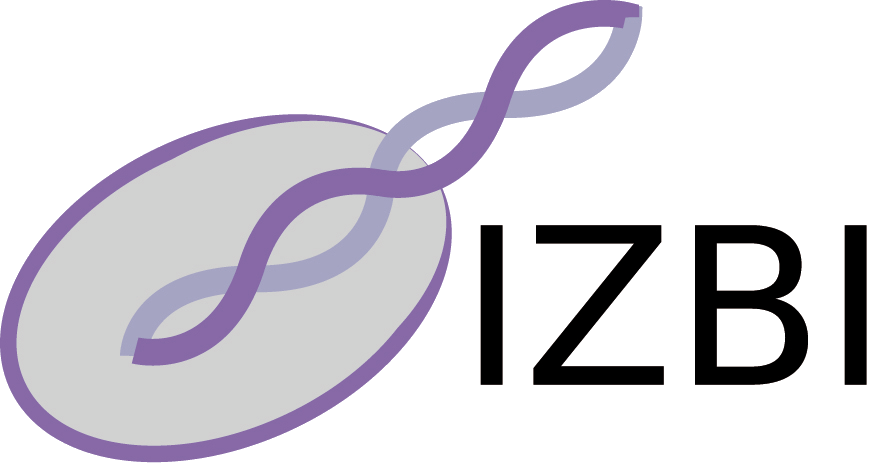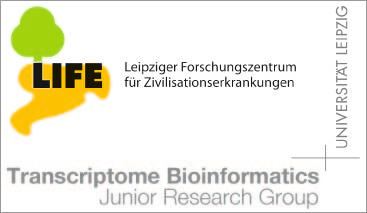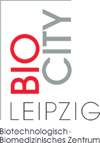Publications - Published papers
Please find below publications of our group. Currently, we list 565 papers. Some of the publications are in collaboration with the group of Sonja Prohaska and are also listed in the publication list for her individual group. Access to published papers ( ) is restricted to our local network and chosen collaborators.
If you have problems accessing electronic information, please let us know:
) is restricted to our local network and chosen collaborators.
If you have problems accessing electronic information, please let us know:
 ) is restricted to our local network and chosen collaborators.
If you have problems accessing electronic information, please let us know:
) is restricted to our local network and chosen collaborators.
If you have problems accessing electronic information, please let us know:©NOTICE: All papers are copyrighted by the authors; If you would like to use all or a portion of any paper, please contact the author.
HLA-DRB1*0401 and HLA-DRB1*0408 are strongly associated with the development of antibodies against interferon-beta therapy in multiple sclerosis
Steve Hoffmann, Sabine Cepok, Verena Grummel, Klaus Lehmann-Horn, Jörg Hackermüller, Peter F. Stadler, Hans-Peter Hartung, Achim Berthele, Florian Deisenhammer, Ralf Wasmuth, Bernhard Hemmer
Download
Status: Published
Am J Hum Genet. 83:219-227 (2008)
Abstract
The formation of antibodies to interferon-beta (IFN-β), a protein-based disease-modifying agent for multiple sclerosis (MS), is a problem in clinical practice. These antibodies may neutralize the biological effects of the protein drug, potentially decreasing its therapeutic effects. By high-resolution HLA class I and II typing we identified two HLA class II alleles associated with the development of antibodies to IFN-β. In two independent continuous and binary-trait association studies, HLA-DRB1*0401 and HLA-DRB1*0408 (odds ratio: 5.15)—but not other HLA alleles—were strongly associated with the development of binding and neutralizing antibodies to IFN-β. The associated HLA-DRB1*04 alleles differ from nonassociated HLA-DRB1*04 alleles by a glycine-to-valine substitution in position 86 of the epitope-binding alpha-helix of the HLA class II molecule. The peptide-binding motif of HLA-DRB1*0401 and *0408 might promote binding and presentation of an immunogenic peptide, which may eventually break T cell tolerance and facilitate antibody development to IFN-β. In summary, we identified genetic factors determining the immunogenicity of IFN-β, a protein-based disease-modifying agent for the treatment of MS.















